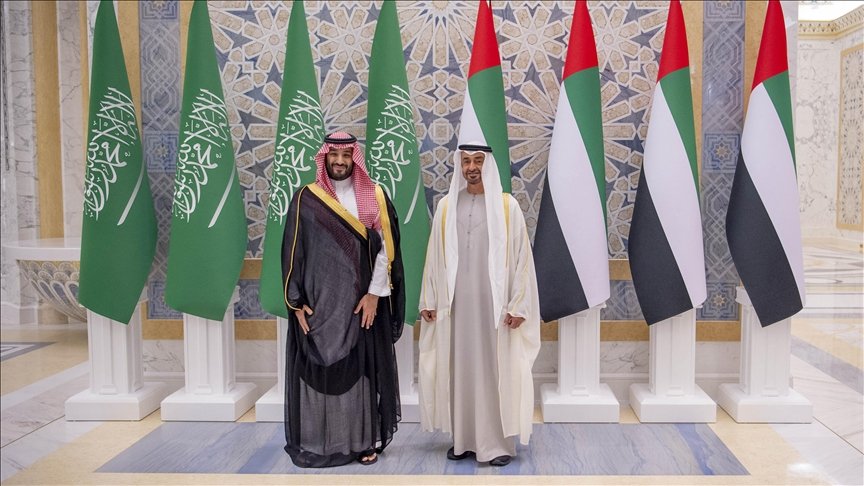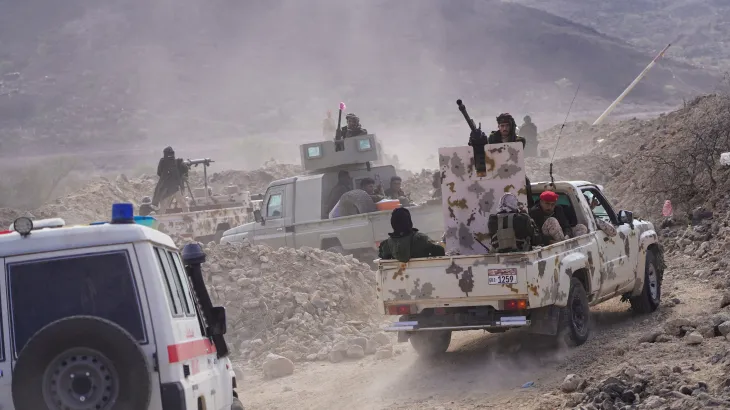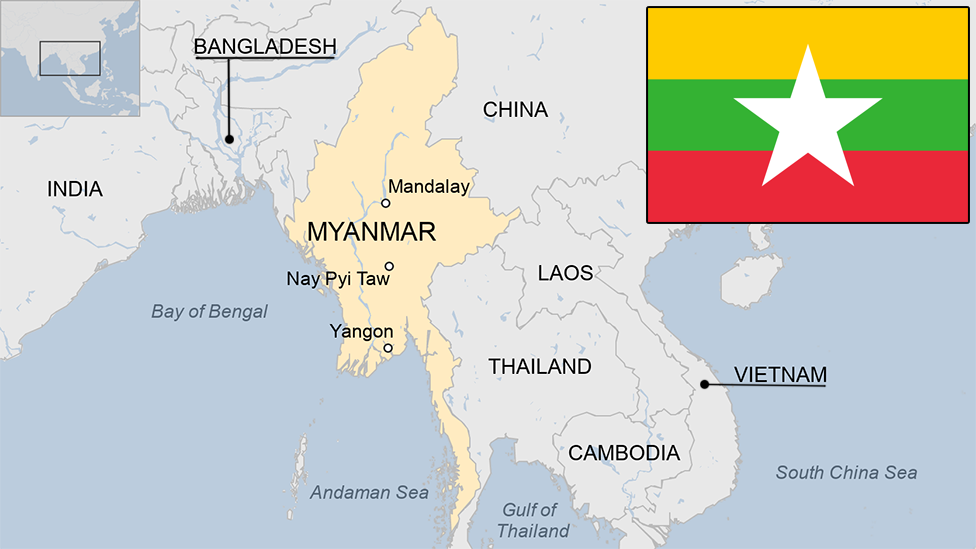Oil prices climbed in early Asian trading on Monday due to concerns over a restricted global supply caused by intensifying conflicts in the Middle East and between Russia and Ukraine. Additionally, a decline in the US rig count contributed to the upward pressure on prices.
Brent crude futures increased by 52 cents, or 0.6%, to $85.95 per barrel, while US crude futures rose by 55 cents, or 0.7%, to $81.18 per barrel. It’s important to note that both benchmarks experienced a minor decline of less than 1% last week compared to the previous week. This increase comes despite a stronger US dollar, which typically has the opposite effect on oil prices.
Analysts believe the primary factor driving the price hike is the escalating geopolitical tensions. Hiroyuki Kikukawa, president of NS Trading, attributes the concern to rising attacks on energy facilities in Russia and Ukraine, along with diminishing hopes for a ceasefire in the Middle East.
Furthermore, the US oil rig count dropped by one to 509 last week, indicating a potential decrease in future supply. This news comes amidst reports of ongoing attacks. Moscow launched a significant missile and drone strike targeting energy facilities in Ukraine, including the capital Kyiv. This follows recent attacks by Ukraine on Russian oil infrastructure, including drone strikes on at least seven refineries this month alone.
Market analysts at ANZ Research point out that disruptions to Russian oil refineries have put a strain on fuel markets, leading to a surge in demand for available crude oil supplies. They estimate that these disruptions have impacted roughly 12% of Russia’s total oil processing capacity.
Adding to the global market tightness is the refusal of Indian refineries to accept Russian crude oil transported on tankers owned by PJSC Sovcomflot due to US sanctions.
The situation in the Middle East also adds to the concern over oil supply. Israeli forces besieged additional hospitals in Gaza, while US forces intercepted Houthi drones targeting a Chinese-owned oil tanker in the Red Sea. These conflicts raise further concerns about potential disruptions to oil production and transportation in the region.
Secretary of State Antony Blinken expressed worries to Israeli Prime Minister Benjamin Netanyahu that an attack on the Palestinian city of Rafah could lead to global isolation for Israel. The ongoing conflicts highlight the precariousness of the situation in both regions and their potential impact on the global oil market.
Please, subscribe to the YouTube channel for republicpolicy.com














